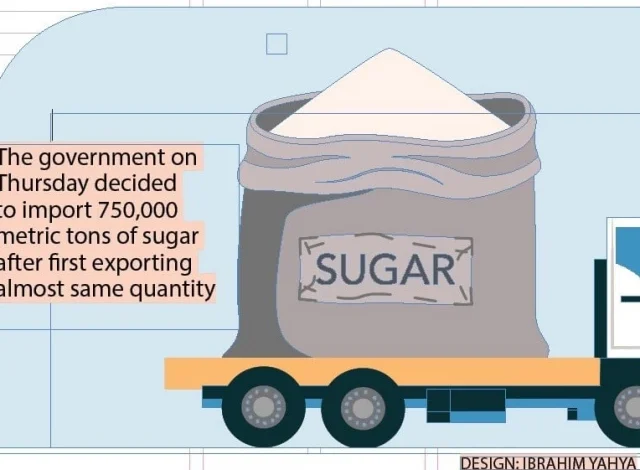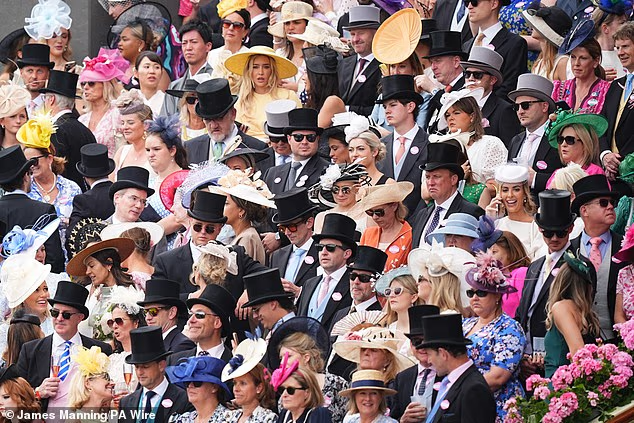
Govt Faces Backlash Over Sugar Import After Record Exports Drive Prices to Rs190/kg
In a move stirring widespread public criticism, the Pakistani government has decided to import 750,000 metric tonnes of sugar, just months after allowing the export of nearly an equal quantity, which led to skyrocketing local prices, now touching Rs190 per kilogram.
The controversial decision was announced by Deputy Prime Minister Ishaq Dar on Thursday via X (formerly Twitter) following a high-level meeting. The plan proposes the immediate policy submission for the import of 250,000MT of raw sugar and includes in-principle approval for 500,000MT of refined sugar.
Critics argue that the government’s export-first strategy not only benefits politically connected sugar millers but also directly harms consumers. According to the Pakistan Bureau of Statistics (PBS), the country exported 765,734MT of sugar from July to May this fiscal year — a 2,200% increase compared to the same period last year — generating Rs114 billion in revenue.
Following exports, the domestic sugar price surged by Rs50, reaching a record Rs190/kg, far above the government-fixed rate of Rs164/kg set in March. Despite negotiations between Dar’s committee and the Pakistan Sugar Mills Association (PSMA) on pricing, the government has failed to enforce stability in the retail market.
A senior Ministry of National Food Security official claimed that sufficient stocks exist and the import move is purely to curb inflated prices. However, questions linger about transparency and planning, as PSMA’s data indicates current stockpiles of 2.8 million tonnes — enough to meet national demand until late November.
At Thursday’s meeting — attended by officials from the FBR, FIA, Ministry of Industries, and provincial representatives — PSMA revealed a 14% drop in sugar production this season, totaling 5.9 million MT, compared to 6.9 million MT last year. However, average monthly consumption remained steady at around 535,000 MT, suggesting that a severe shortage may not exist — further fueling concerns that the import move is driven by political or commercial interests.
Economic analysts and opposition voices, including PTI MNA Usama Mela, strongly condemned the policy flip-flop. “Sugar export and import decisions should be based on market needs, not the interests of select millers with political clout,” Mela said during a National Assembly Standing Committee on Finance session.
In a bid to mitigate the crisis, PSMA recommended curbing sugar smuggling, initiating early crushing from November 1, and suggested a “tolling policy” for importing raw sugar. The association also highlighted that imported sugar without taxes costs Rs153/kg, still Rs37/kg cheaper than current domestic rates.
Dar confirmed that the Ministry of National Food Security will soon present the import proposal to the Economic Coordination Committee (ECC) for formal approval.
Meanwhile, in another key development, the government reduced the proposed sales tax on solar panel imports from 18% to 10%, as Dar continued to steer crucial economic decisions, while Finance Minister Muhammad Aurangzeb focused on ongoing trade talks with the U.S. — duties typically handled by the commerce ministry.






